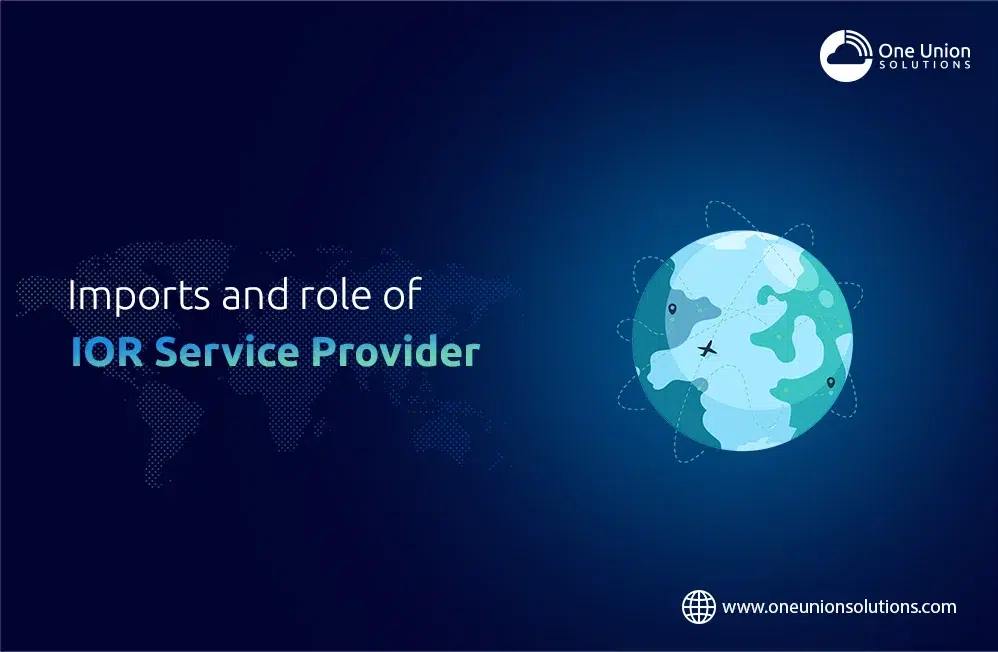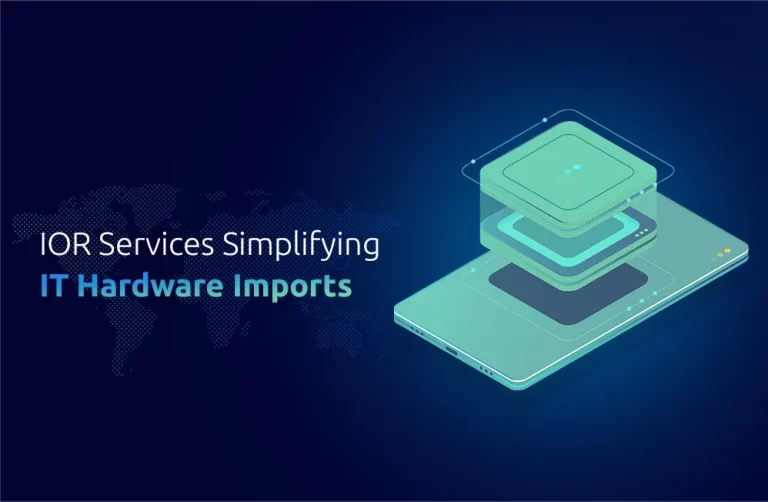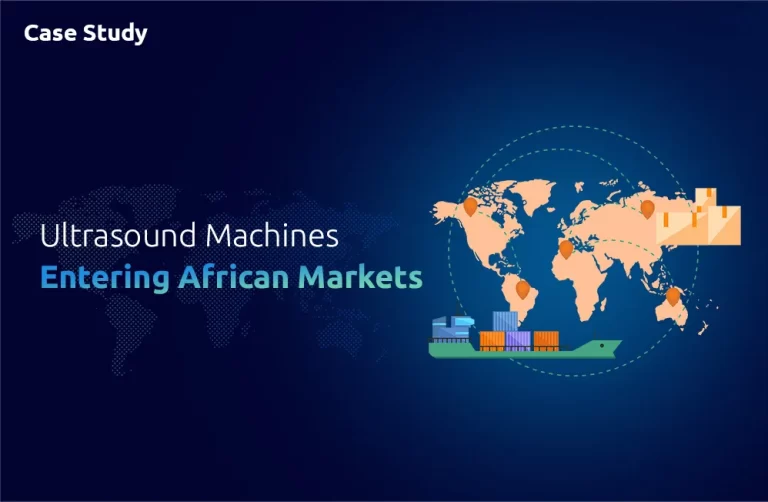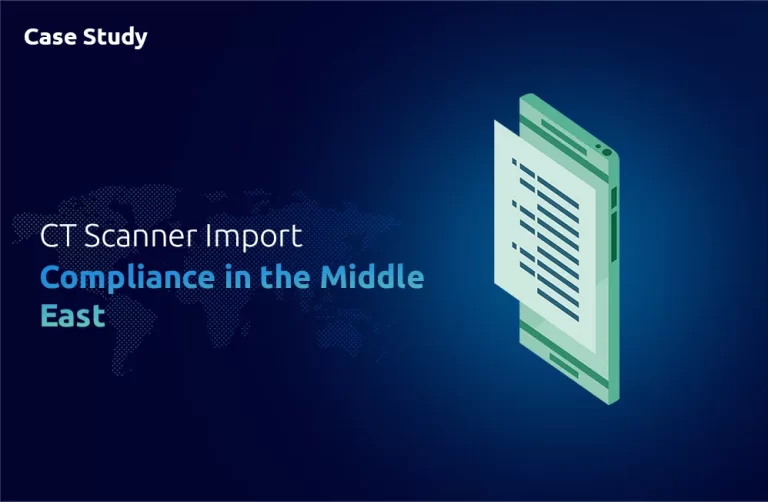Defining the Term Temporary Import
Temporary imports are required for various industries, especially in the IT, medical, aviation, and automotive industries. Companies may need to import items on a short basis for specific purposes. For instance, in the IT industry, products may be brought in for technical proof of concept (POC) projects, where they are used temporarily to demonstrate functionality and meet client requirements. In the medical industry, short-term imports may include equipment for research or clinical trials, such as devices used for data collection or patient monitoring. The aviation and automobile sectors also rely on temporary imports for specialized equipment or parts used in short-term projects or testing. Trade shows, conventions, and exhibitions in these industries may also require temporary imports of products to be used at such events.
Do Temporary Imports Incur Tax and Duty Payments?
The import taxes and duties rules do not apply to temporary importations when those goods serve a brief period or remain outside the country temporarily. Products recognized as temporary imports avoid standard import fees by law. The IT, medical, aviation, and automobile sectors permit the temporary importation of business samples with professional equipment and fair-exhibition products such as computers, medical devices, industrial machinery, and medical equipment. One cannot apply temporary importation for particular products.
ATA Carnet
The ATA Carnet is a widely recognized document for temporary imports, accepted by international customs authorities as a passport for goods. It allows items from the IT, Medical, Aviation, and Automobile industries to cross borders without incurring standard customs duties and taxes. An authorized ATA Carnet is typically valid for up to one year, though for exhibitions and fairs, the validity is limited to six months. This document is accepted in 78 countries, including the European Union, the United States, Canada, Australia, China, and Japan, facilitating smooth international trade for businesses in these sectors.
Alternative to the ATA Carnet
The Carnet de Passages en Douane (CPD China-Taiwan) offers an alternative to the ATA Carnet in specific trade agreements. It functions similarly to the ATA Carnet, except for the color of the document, and is recognized by countries such as the United States, New Zealand, Singapore, and Israel. In addition to these documents, various countries may offer their temporary import permits, each with unique restrictions and criteria. For industries such as IT, Medical, Aviation, and Automobile, these temporary import permits play a critical role in facilitating the import of record specialized equipment and machinery, ensuring compliance with incoterms of local regulations while enabling smooth cross-border trade.
Temporary Imports and the Role of IOR Service Provider
The temporary import process supports various business sectors, including IT, medical aviation, and automotive industries, because it enables companies to import specialized equipment needed for specific short-period initiatives, exhibitions, and evaluation tasks. A temporary importation exemption from taxes and duties exists when the goods do not intend to establish permanent residency. The ATA Carnet is a vital instrument enabling risk-free, customization-free border transit for imported goods. The Philippines and Bahrain depend on IOR services to fulfil customs requirements and establish seamless shipping procedures. When ATA operations begin in Saudi Arabia and the Philippines in 2024, IOR providers will become increasingly crucial in simplifying temporary import procedures.
Temporary import Services with One Union Solutions
One Union Solutions provides expert assistance with temporary imports, guiding clients through the complex world of customs regulations, including temporary import procedures, ATA Carnet applications, and compliance with HTS harmonized tariff codes. Our comprehensive IOR services across regions, including countries like Bahrain, Pakistan, Qatar, Albania, Israel, Tunisia, Mongolia, Russia, and Hong Kong, ensure smooth, easy shipments for your temporary imports.
We support various industries in navigating the generalized system of preferences, DAP, and DAPs, ensuring that all legal requirements are met while reducing the time and costs associated with temporary imports. Our team is well-versed in incoterms and can assist with HS codes and harmonized system codes to streamline the process and help you expand your operations with confidence.
DID YOU KNOW?
“Saudi Arabia and the Philippines to launch ATA operations in 2024”
FAQs
How do temporary imports function in the import market?
Countries allow short-term entry of products referred to as temporary imports for activities like exhibitions, testing, and research work. The importing country allows cargo to bypass standard import duties when the items are returned within the period specified for export.
Does a country impose taxes and duties on temporary importations?
The standard taxes and duties on temporary imports do not apply when these items return after a short-term use period. The eligibility for tax exemption depends on the nature of the goods and the exact import regulations each country sets.
How does an IOR provider assist with these transactions when providing services for temporary imports?
IOR providers enable the legal management of temporary imports by carrying out regulatory work to meet local customs rules and ensure border transit flows effectively.
What advantages does the ATA Carnet provide to imported products which only exist temporarily?
The ATA Carnet functions as a customs-free travel document for business merchandise, thus enabling them to avoid customs fees and taxes. The ADA Carnet grants valid status for twelve months and provides global acceptance in 78 countries.
What role do IOR services in Bahrain and the Philippines’ services deliver regarding temporary imports?
Transportation companies in Bahrain and the Philippines are essential in guaranteeing that all import and export procedures align with respective country regulations. Such services coordinate paperwork, customs protocols, and regulatory mandates for companies conducting short-term imports.









